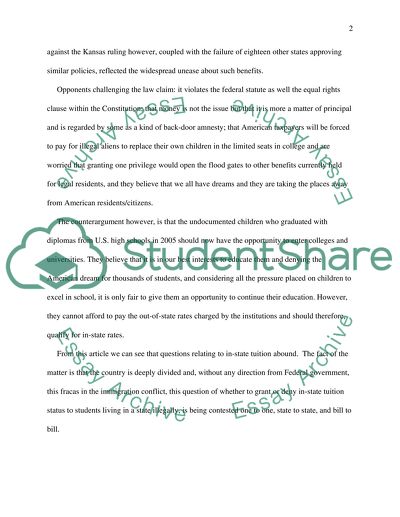Cite this document
(“The Right Of Illegal Children In The US To Attend Public Schools Essay”, n.d.)
The Right Of Illegal Children In The US To Attend Public Schools Essay. Retrieved from https://studentshare.org/sociology/1516769-term-paper-college-essay
The Right Of Illegal Children In The US To Attend Public Schools Essay. Retrieved from https://studentshare.org/sociology/1516769-term-paper-college-essay
(The Right Of Illegal Children In The US To Attend Public Schools Essay)
The Right Of Illegal Children In The US To Attend Public Schools Essay. https://studentshare.org/sociology/1516769-term-paper-college-essay.
The Right Of Illegal Children In The US To Attend Public Schools Essay. https://studentshare.org/sociology/1516769-term-paper-college-essay.
“The Right Of Illegal Children In The US To Attend Public Schools Essay”, n.d. https://studentshare.org/sociology/1516769-term-paper-college-essay.


